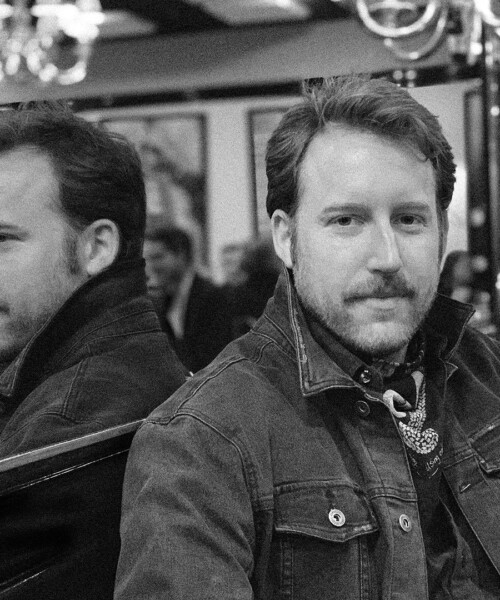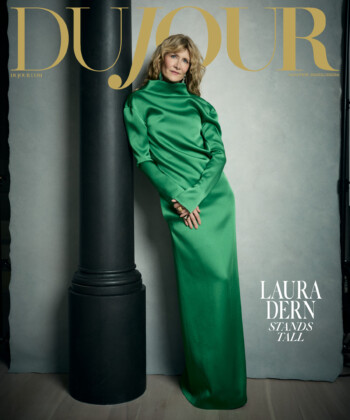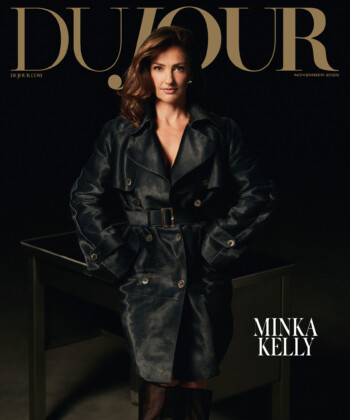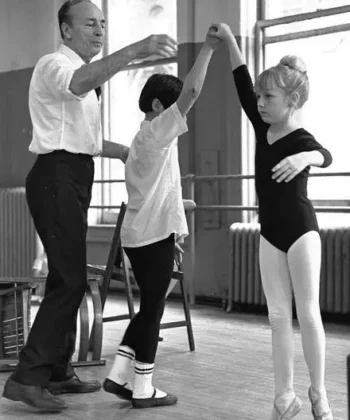The cliché “starving artist” gig may be a thing of the past with the introduction of so many new platforms to showcase art. From traditional galleries to pop-up street art to art-driven Netflix movies; art is taking over the entertainment scene and culture enthusiasts across the globe are taking note. Perhaps in the past there was a stigma when it came to artists “selling out” but to have your art reach the masses in a subtle way can’t really be selling out, can it? Artist Saxon Brice has found a new interpretation of the typical definition of selling out. “It’s just called growing up. I think there is a version of people who were bitter and maybe didn’t know how to monetize themselves and until pretty recently I was in that camp myself,” he explains. Brice adds that it is disappointing when wider exposure changes what made an artist special, but that is sometimes just part of an artist’s evolution.
Saxon Brice found his big break through the help of none other than Netflix. Brice was commissioned to create 27 pieces of art for the satirical thriller Velvet Buzzsaw, directed by Dan Gilroy and starring Jake Gyllenhaal, Rene Russo and Toni Collette. The film follows a group of cliché art snobs who discover a collection of art created by a deceased man, Vetril Dease. The artwork is haunting and fascinating, while offering fatal twists at every turn.
But, upon being enlisted for the film, Brice knew none of this. “I knew the setting and themes for each piece of art. Then I just locked myself in a room making paintings for like three months straight,” he says. “It separated me from overthinking what the end product for the film would be and maybe allowed me to be more of an artist.”
Of the 27 works created, about five were featured in Velvet Buzzsaw, and each one played an integral part in the film’s storyline and truly gave audience’s more insight into the “demon artist” character. “I think [not having the film’s plot] made the work much more poignant in the end and made it look as though it was the work of a real artist rather than paint by numbers made for an effect for a movie,” Brice decides of his creative process for the film.
While creating such an inflated number of pieces may have been slightly exhausting, Brice admits that since beginning his career at Parsons School of Design, and enduring a number of failures, this break felt much needed. “You get so much negative validation that makes it feel like you wasted your time. The opposite of that makes you want to stay in the game. It makes those 15 years of disappointment feel not just worth it, but instrumental.”
Brice adds that being involved in Velvet Buzzsaw was a stellar opportunity for him professionally because it fit his aesthetic to a certain extent. “I didn’t have to stretch myself too far from what I do, and I got to expose the type of art I really like to make, which is honest and visceral.” The honesty and candor from Brice shows through his strong opinions and free-spirited attitude. There is no sell-out in front of me. There is an artist who has been able to show people his work. Perhaps this is the opposite of what the “demon artist” would’ve encouraged but, to each his own.






































